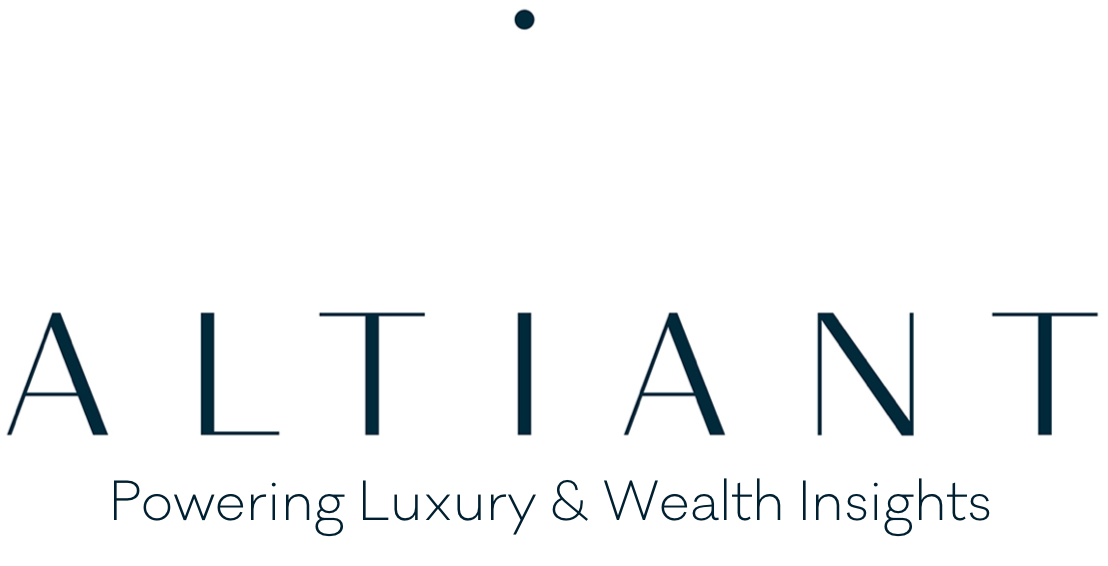Our research was featured in Luxury Daily’s article "Luxury travelers to prioritize wellness experiences in 2025: Altiant".
“Today, affluent individuals and HNWIs are moving beyond health to seek meaningful experiences that rejuvenate the mind and foster a deeper sense of purpose,” said Meryam Schneider, chief marketing officer at Altiant.
Read the article here.
